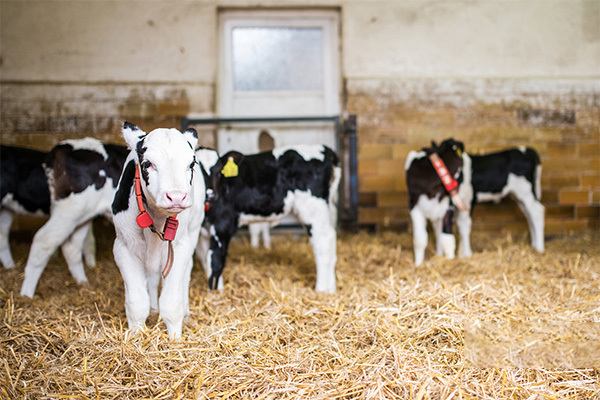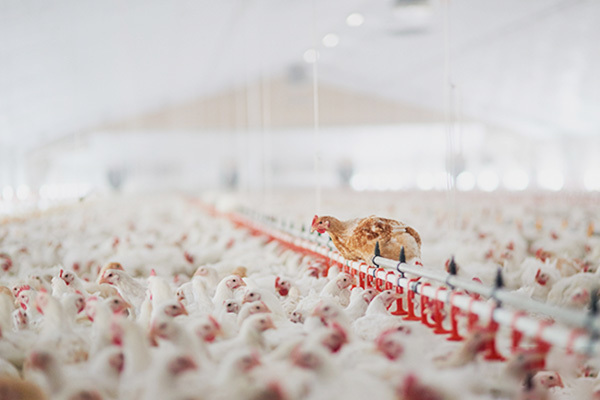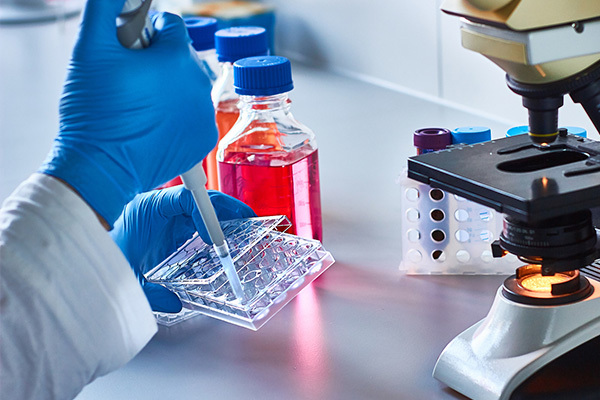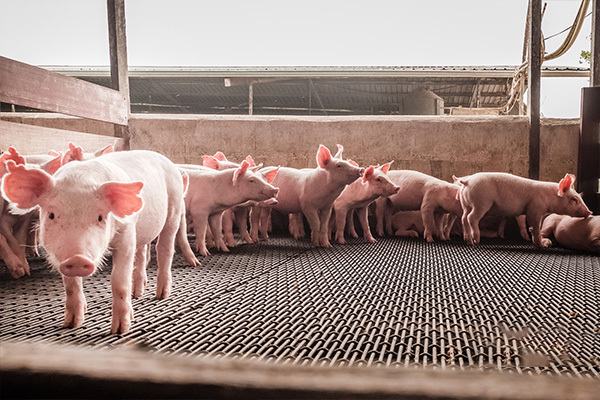Efficient biosecurity changes on Russia farms have helped prevent spread of African swine fever
“My message was very straightforward,” said Zubtsov. “When I was preparing for this presentation, I wanted to answer the question, ‘Is life with African swine fever possible or not?’ I showed several statistics and how Russian pork production grew with African swine fever virus, and from 2007 to 2019 pork production grew constantly. So, the answer to the question is yes, absolutely. But you also have to change, and I introduced several changes that we made in the industry, both from the pork production standpoint and the government support standpoint.”
To prevent the spread of ASF, Russia had to make biosecurity a priority. There are two major components to the biosecurity changes Russia made. The first change is that the industry realized they had to do everything they could to protect their farms by stepping up and changing some existing biosecurity policies and procedures. They also started to train and increase the virus awareness with the farm staff. In 2016, Russia made a second change by implementing compartmentalization and regionalization of ASF areas. Essentially, they created a map of Russia that identified the infected areas, clean areas and gray areas. This allowed them to better control transportation of pigs, people and products, in an effort to ensure that no ASF infection was introduced in clean areas.
“We understand that the people factor is the major risk of bringing the virus onto the farm,” said Ilia Zubtsov. “The big change we made was how people enter the farm. It's all about the downtimes, it's about how people enter the farm and the procedures they have to follow to enter the farm. We have guards who handle security on the farm. The security is not always part of the same company, so they will control the in/out of people. The concern is about how people, materials and anything gets into the farm. The main goal of biosecurity is to prevent anything new from entering the farm.”
For example, catering and food being brought onto the farm to feed the farm workers is a controlled process. The farm will typically hire a special canteen or catering company, and that canteen will only cook food for that particular farm. The food is brought to the farm every day, and there are special procedures they follow to keep the farm safe. The food is tracked in and out to maintain biosecurity. The people on the farm get together in the canteen (lunch room) to eat, and workers aren't allowed to bring any food to the farm with them.
“The companies will also provide workers with transportation,” said Zubtsov. “They have busses that go around the villages and pick people up from the designated areas and then bring people to the farm. This is very important from a biosecurity standpoint because there’s a greater risk when you have vehicles constantly coming in and out of the farm.”
PIC in Russia has helped educate others in the global industry about important measures that can be taken for biosecurity. As a global company, PIC team members have worked in the Philippines and China to help train people at the farm level. They also have their team participate in panel discussions to offer lessons learned. When PIC Russia visits farms in other countries, they also learn from them. In the modern pork world, there are no boundaries or borders for disease outbreaks, so it’s important that the industry works together to combat ASF and other diseases.
“You have people traveling around the world, and sometimes people are not educated,” said Ilia Zubtsov. “They don't know that they cannot bring any products [from region to region]. It's up to us to help educate them, to talk to them, and to be open and say it's important.”
Related news







